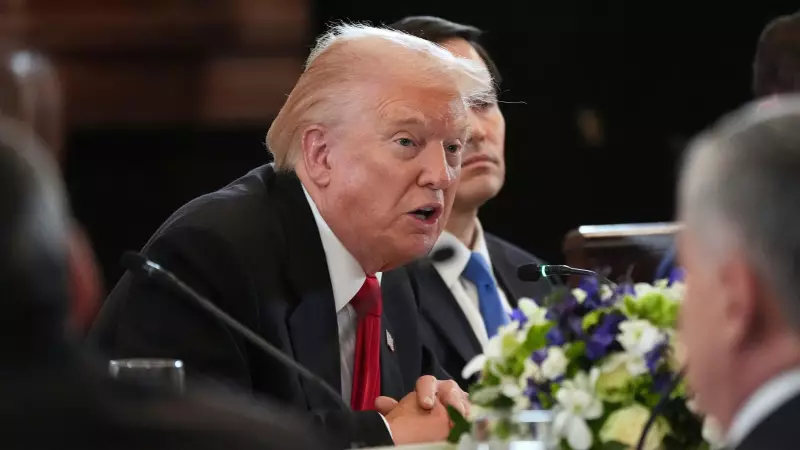
In a significant diplomatic development that extends the reach of Middle East peace agreements, former US President Donald Trump has announced that Kazakhstan will be joining the Abraham Accords. This move represents a major expansion of the normalization framework beyond its original regional scope.
Trump's Strategic Announcement
The revelation came during a speech where Trump highlighted his administration's foreign policy achievements. "Kazakhstan is joining the Abraham Accords," Trump declared, emphasizing the growing international acceptance of the agreements he helped broker during his presidency.
Expanding Beyond Middle East Borders
This development marks a crucial evolution for the Abraham Accords, which were initially focused on normalizing relations between Israel and Arab nations. Kazakhstan's participation signals the framework's potential to attract countries from Central Asia, opening new possibilities for regional cooperation and economic partnerships.
Strategic Implications for Central Asia
Kazakhstan's decision to join the accords carries significant geopolitical weight. As a major Central Asian nation with substantial economic influence and strategic positioning, this move could potentially encourage other regional players to consider similar normalization steps with Israel.
The Abraham Accords Legacy
The Abraham Accords, established in 2020, have already facilitated diplomatic normalization between Israel and several Arab nations including the United Arab Emirates, Bahrain, Sudan, and Morocco. These agreements have focused on:
- Establishing formal diplomatic relations
- Promoting economic cooperation
- Enhancing regional security collaboration
- Fostering people-to-people exchanges
Regional Response and Future Prospects
While the announcement represents a diplomatic victory for Trump and his foreign policy team, regional analysts are watching closely to see how this development will impact the broader Middle East peace process and whether it might inspire similar moves from other Central Asian and Muslim-majority nations.
The inclusion of Kazakhstan could potentially reshape economic and security dynamics in the region, creating new opportunities for trade, technology exchange, and counterterrorism cooperation among participating nations.






